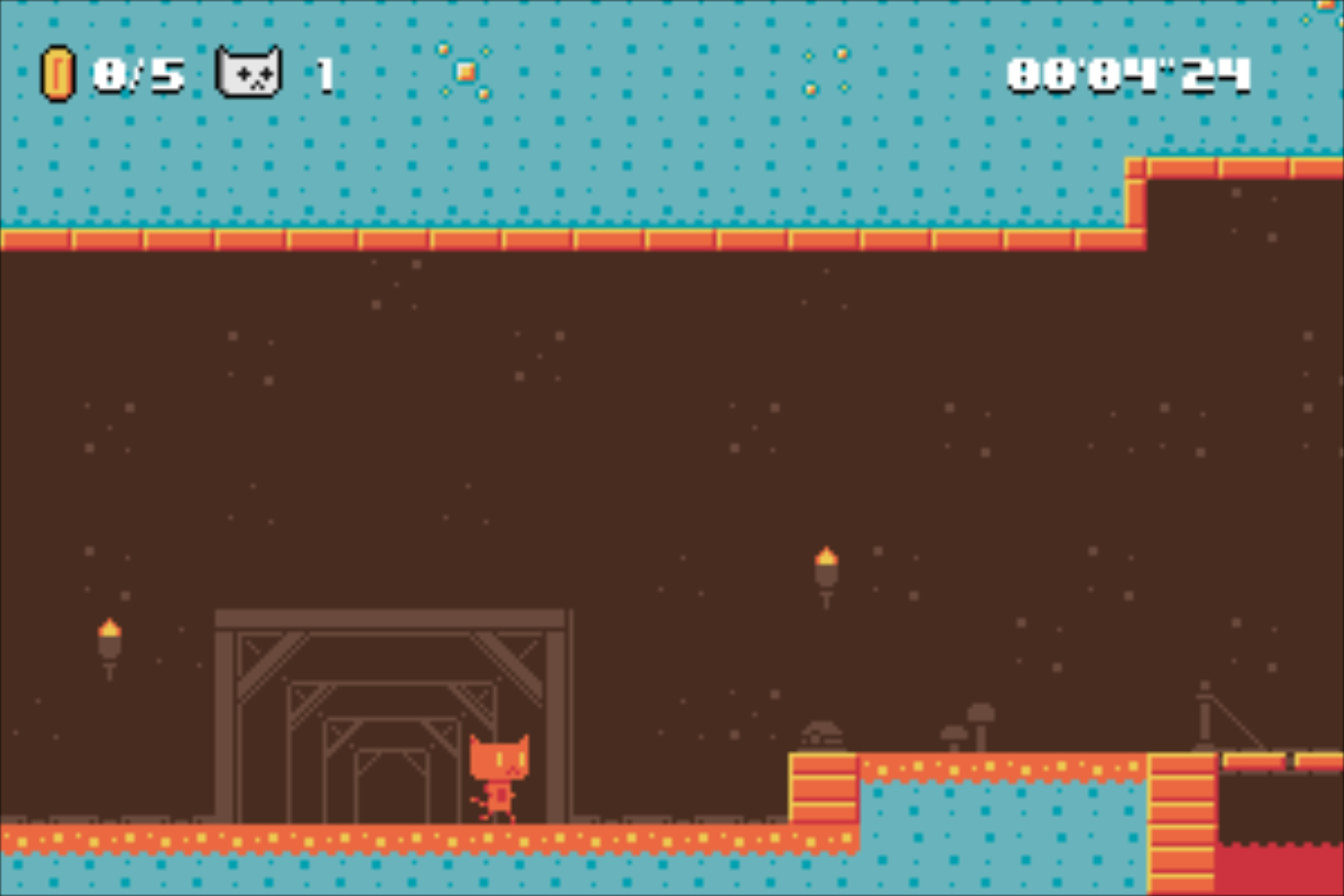An Emscripten port of RetroArch has existed for years, but until recently, we never had a good opportunity to launch it in a state we felt comfortable with. Well, until now that is.
Web Player
So what is RetroArch Web Player? It’s a port of RetroArch that runs inside your web browser, powered by emscripten and asm.js. Most modern browsers available today should be compatible. That being said, we strongly recommend you use Google Chrome right now for smooth v-synced gameplay with no audio crackling.
You can check it out right here!



